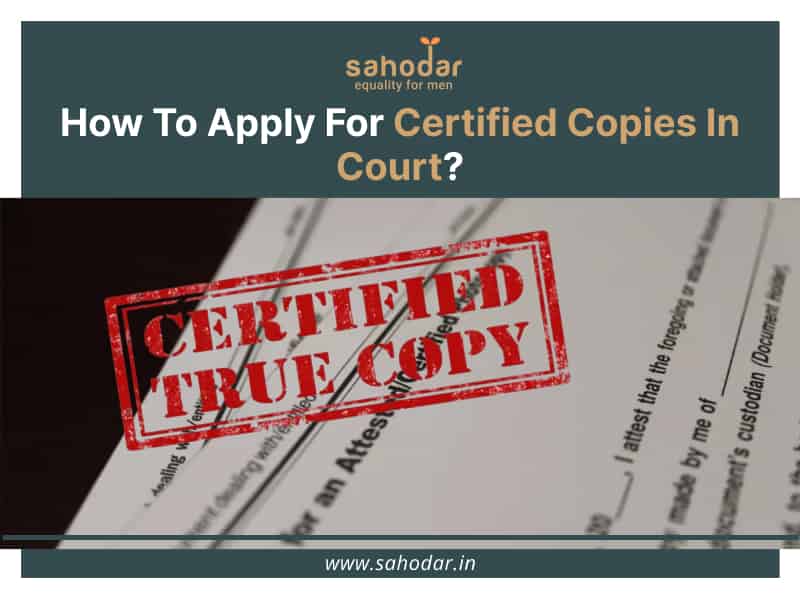Getting certified copies of court records is a simple process, but you need to follow a few important steps. Certified copies are official, sealed documents from court cases that prove their authenticity. You may need them for legal matters, like applying for a passport, handling insurance claims, or for personal use.
Applying for certified copies of documents in court typically involves a structured process.
Here’s a step-by-step guide for apply certified copies
Step 1: Identify the Documents
Determine the specific documents you need certified copies of, such as:
- Court orders or judgments
- Pleadings or petitions
- Depositions or witness statements
- Exhibits or evidence submitted in court
Step 2: Draft an Application
Prepare an application/form available at the administrative branch window addressed to the Registrar or the designated official of the court. Include:
- Your details (name, address, contact information)
- Case details (case number, parties involved, court name)
- Specific documents requested
- Purpose of obtaining certified copies
Step 3: Attach Supporting Documents
Depending on court procedures, you may need to attach:
- A copy of the relevant case details or documents
- Identification proof
- Any authorisation (if applying on behalf of a party)
Step 4: Pay the Prescribed Fee
Courts usually charge a fee for certified copies. Check the court’s fee schedule:
- Obtain a challan or receipt for the payment
- Pay at the court’s designated fee counter or online (if available)
Step 5: Submit the Application
Submit your application, fee receipt, and supporting documents to the court’s copying section or registrar’s office. Ensure:
- You receive an acknowledgement or application receipt
- The application is stamped and marked with the date of submission
Step 6: Follow Up
Certified copies are usually prepared within a specific timeframe. You may:
- Check the status online (if the court provides this facility)
- Visit the court and inquire about the copying section
Step 7: Collect the Certified Copies
Once ready, collect your copies by:
- Showing your acknowledgement receipt
- Signing the collection register
Tips to Keep in Mind
- Local Rules: Procedures and fees vary by court and jurisdiction. Verify the specific requirements for the court you’re dealing with.
- Urgent Copies: Some courts provide expedited services for a higher fee if needed urgently.
- Authorized Person: If you’re not a party to the case, you may need special permission or authorisation to access certain documents.
- Privacy Restrictions: Courts may limit access to sensitive or sealed documents unless expressly authorised.
Let me know if you need help drafting the application or understanding specific court rules!

